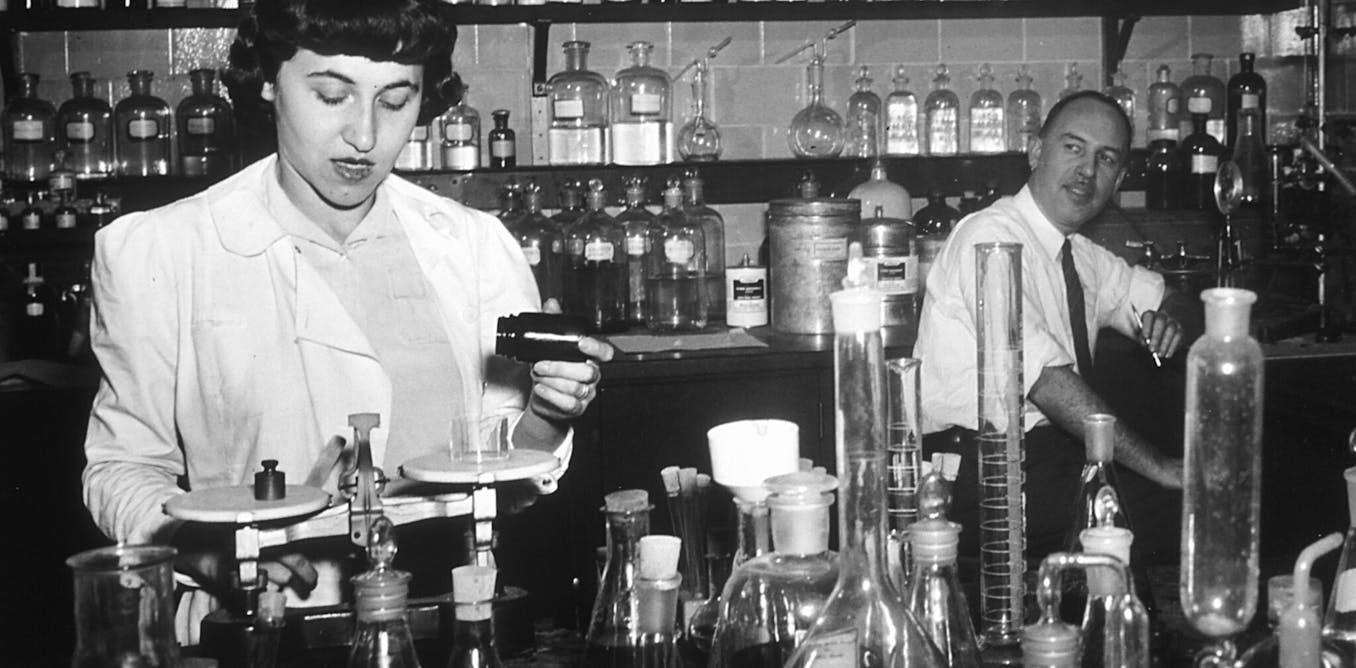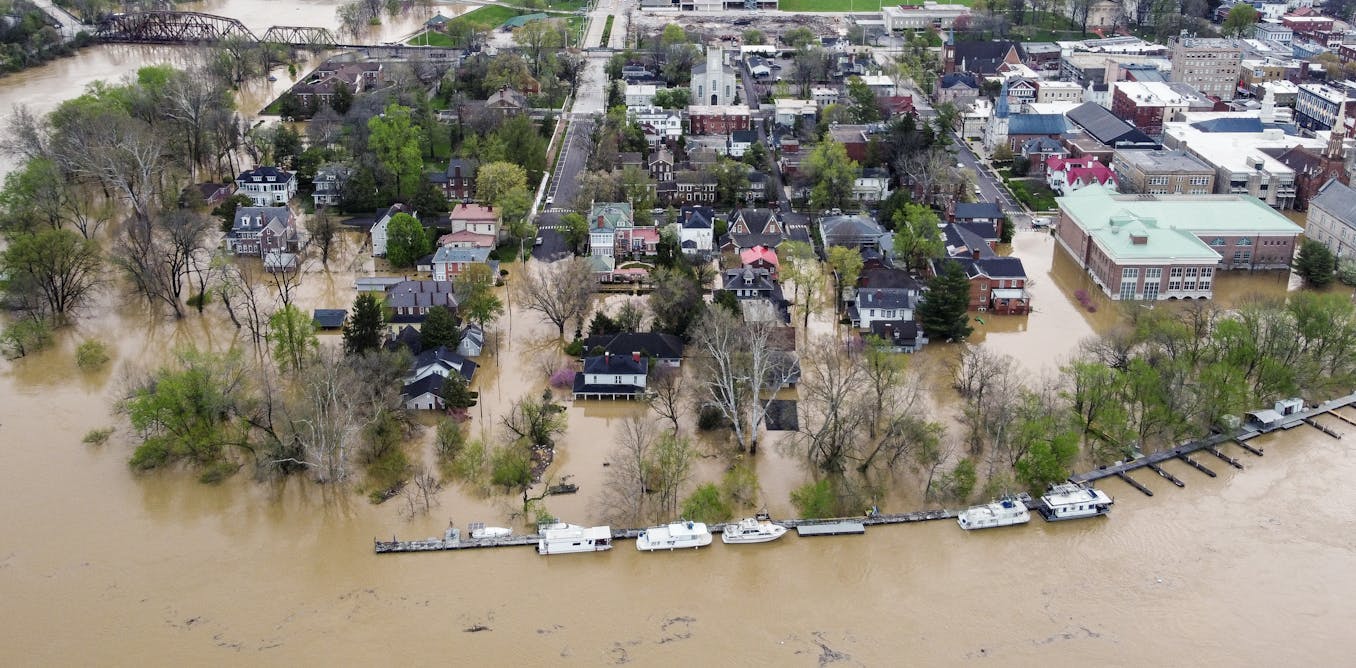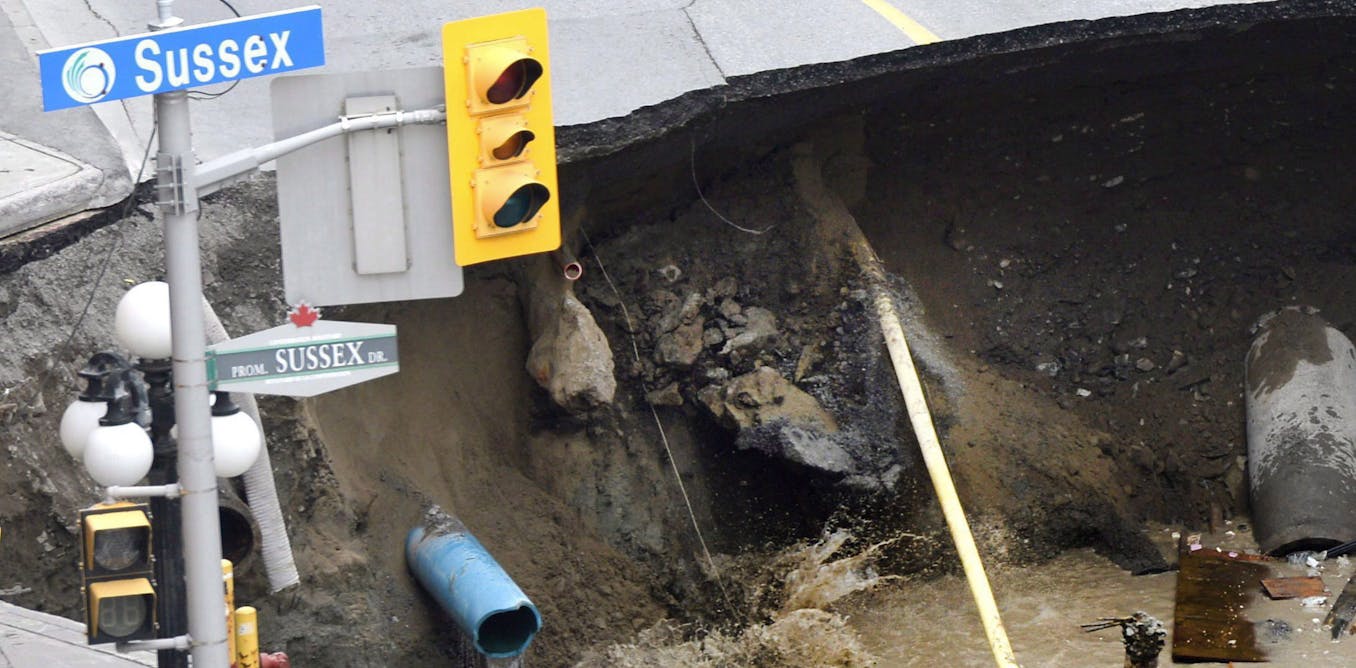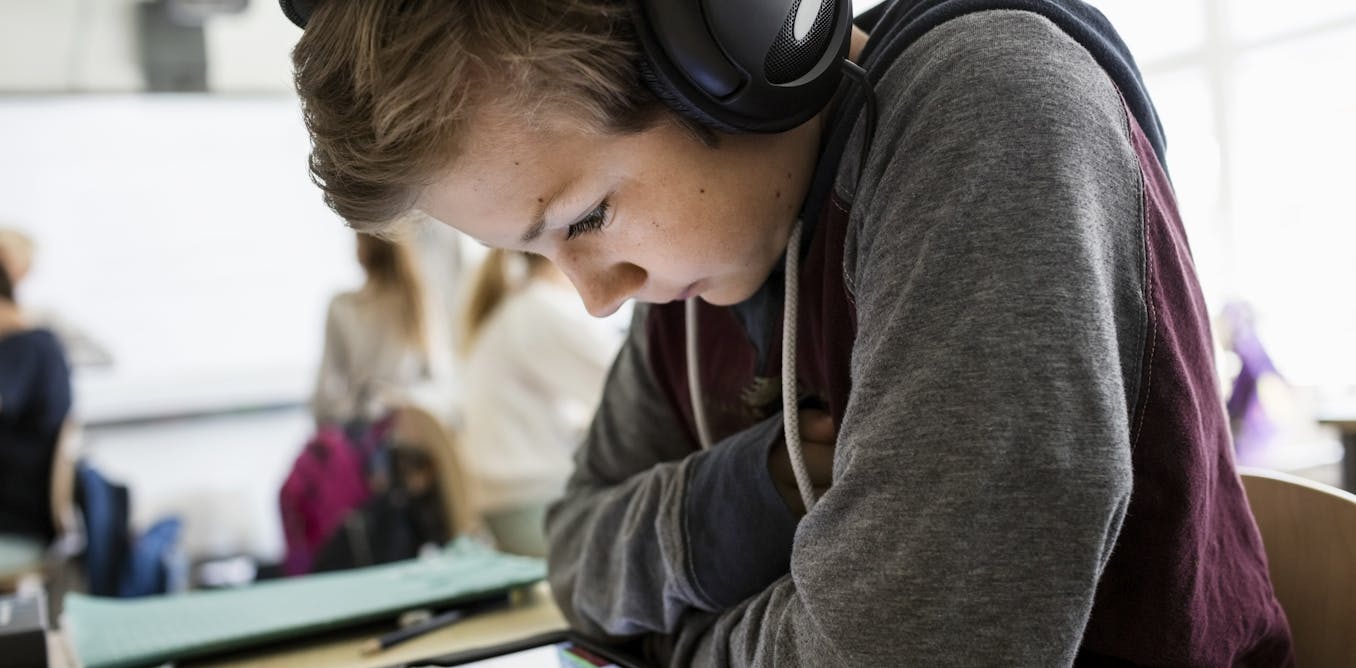A Path to Social Safety for Migrant Workers | Ashif Shaikh | TED
In the TED talk titled “A Path to Social Safety for Migrant Workers” by Ashif Shaikh, the focus is on the challenges faced by migrant workers globally and the importance of providing them with social safety nets. Shaikh highlights the fact that many migrants are not moving for opportunities, but rather to survive, facing issues such as low wages, lack of safety nets, hunger, debt, and exploitation.
Shaikh, who comes from India, discusses how India has a vast safety-net system that provides benefits to the poor, including migrants, but accessing these benefits can be challenging due to complex requirements. His organization, the Migrant Resilience Collaborative, works to bridge this gap by helping migrants access their entitlements and providing feedback to improve the system long-term.
Through his work, Shaikh has helped millions of migrant households access social security benefits, such as food security, insurance, and education for their children. He emphasizes the importance of recognizing the contributions of migrant workers and ensuring that they are no longer invisible or ignored in society.
Overall, Shaikh’s TED talk sheds light on the struggles faced by migrant workers and the importance of providing them with social safety nets to ensure their dignity and well-being.
Watch the video by TED
So most of us here are migrants. We have moved for opportunities and a better life for ourselves and our children. There are three quarters of a billion workers globally who migrate within their countries. Some go to the nearest town for a short duration, and some travel thousands of miles for months, even years,
Leaving all they know, including their families, behind. These migrants work at a construction site, manufacturing units, agriculture fields. But unlike us, they are not migrating for opportunities, but to survive. The majority of them are poor, working for very low wages and lack safety nets. Many face hunger, debt and exploitation.
Without safety nets, one job loss, one health emergency, undermine years of effort and keep them trapped in the cycles of poverty. I come from India. India is the fastest-growing economy in the world and home to 200 million internal migrants. These migrants directly contribute at least 10 percent in our three-trillion GDP,
But they lack safety nets. What’s remarkable is that we have a huge safety-net system in India which provides various benefits like cash transfer, food subsidy, health care, insurance. In fact, there are 7,000 benefits available with billions of dollars allocated for the poor, including migrants.
And evidence shows that these benefits help in a huge way. And globally, safety nets [help] reduce poverty by 40 percent. But migrants [can’t] access them and access is not very easy. Most do not know about the benefit. If they do, requirements are too complex and too many
For the migrants who are daily-wage earners. So the money and programs exist, but the delivery system is just not working. And this is what our team and partners at Migrant Resilience Collaborative are trying to fix. Our goal is simple. We build resilience and ensure dignity of the migrant community.
For this, we have adopted a two-pronged strategy. Our team, over 1,000 people, themselves come from the migrant community, helps millions across 100 districts to overcome the challenges in the delivery and access of their benefits. And at the same time, we establish a feedback loop from the community to the government and industry.
So we can improve the underlying system, policy design and accountability to fix the system long-term for tens of millions more. In just two and a half years, what we started as an audacious idea, is today the planet’s largest grassroots-led collaborative for the migrants and has helped over three million households
For the social security benefits. Benefits for the people like Suresh. We met Suresh when he was looking for daily job work in Mumbai. Let’s hear from him. (Video) Suresh Waidande: My wife and I work very hard to ensure that our children do not have to do hard labor,
That they get a good education. My name is Suresh Bhimrao Waidande. I’m from the Khatav Block of Satara district. I got tired of being poor and quit school to work for daily wages. I decided that I had to work hard to survive and make sure that I could feed my family.
So I came to Mumbai. When I arrived I took the Koyna Express from Satara to Mumbai. It was my first time taking a train. I saw mountains, valleys, canyons and tunnels. The atmosphere was so different. For my first job, I was paid something like 30-40 rupees a day (less than 50 cents USD).
As a daily laborer, there are many problems. and some are really difficult to overcome. If workers take on jobs without proper identification or attendance cards [to track their hours], they can potentially lose payment. Sometimes the employer doesn’t pay for your travel like they should,
Or they promise you work and then give it to someone else. There is a lot of injustice. Such information is shared by Jan Sahas. But not everything about our work is formal, so they ask us to be careful and aware. They provide us information about our rights.
And assure us of support if we are treated unfairly or face any injustice. Whether it’s Mumbai or any other city in India, the country cannot survive without workers like us. The great poet Annabhau Sathe used to say, this land is not resting on Earth but on callused hands of workers.
The only way that any town, village or country can develop is through the hard labor of workers. AS: With support of our team, Suresh has access to food security, insurance and a hope to continue education for his children. And most importantly, most importantly, knowledge on how to access his rights and entitlements. Let me leave you with this. With climate change, the migration is set to grow at an unprecedented scale in our countries. We will scale our program across south and southeast Asia to share our work with the world.
There are hundreds of millions of people who work very hard to build modern society from the ground up. The buildings where we live or work in, the airport, the big hotels, but yet none of these [are] accessible for them. This is the moment where we should recognize their contribution.
And ensure they will no longer be invisible or ignored. They belong. We do this work to honor their dignity. Thank you.
About TED
The TED Talks channel features the best talks and performances from the TED Conference, where the world’s leading thinkers and doers give the talk of their lives in 18 minutes (or less). Look for talks on Technology, Entertainment and Design — plus science, business, global issues, the arts and more. You’re welcome to link to or embed these videos, forward them to others and share these ideas with people you know.
Video “A Path to Social Safety for Migrant Workers | Ashif Shaikh | TED” was uploaded on 03/15/2024 to Youtube Channel TED




































